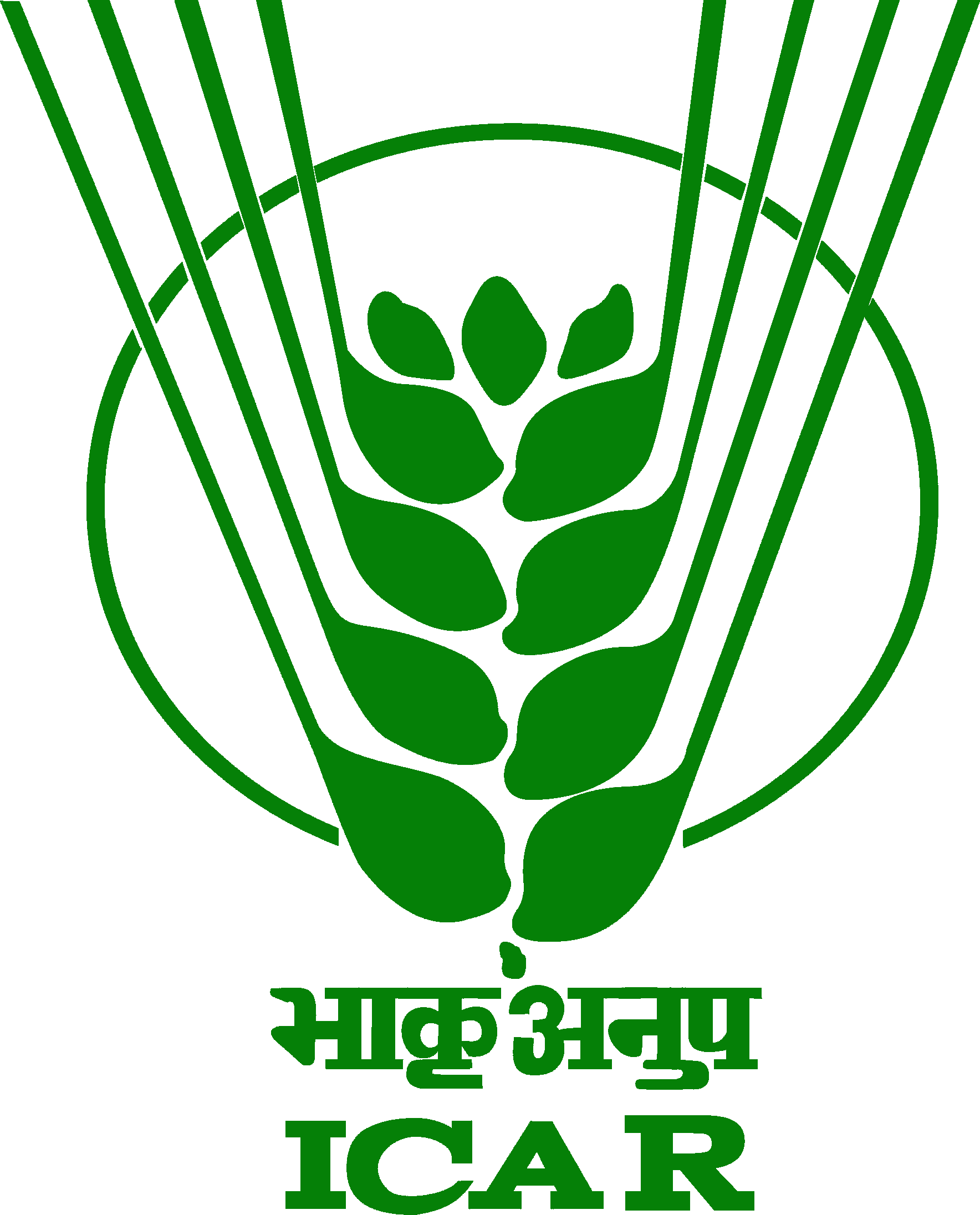History
During the era of green revolution, agrochemicals were used extensively to increase food production. By the sixties and seventies, the fall out of excessive use of chemical insecticides was evidently seen leading to environmental pollution, contamination of food and water and development of resistance to chemical pesticides in several pests which became major concerns in agricultural production and sustainable pest management. To address these problems and to search for alternative pest management strategies, the AICRP on Biological Control of crop pests and weeds was initiated with 13 cooperating centres during 1977 to develop eco - friendly biological control methods for the sustainable management of pests under the aegis of the Indian Council of Agricultural Research (ICAR), New Delhi. The headquarters of the AICRP on Biological Control of Crop Pests and Weeds was located initially at IIHR, Bengaluru and later at the Project Directorate of Biological Control (PDBC) / later upgraded to National Bureau of Agricultural Important Insects (NBAII)/ National Bureau of Agricultural Insect Resources (NBAIR). At present, NBAIR as the AICRP-BC coordinating cell coordinates the biological control work of our country through 21 SAU based centres, 10 ICAR institute-based centres and 2 central universities centres located in different agroclimatic zones.
Use of biocontrol agents can reduce the chemical pesticide usage and enhance sustainability. Through the AICRP programme on Bio Control, new approaches have been designed and the biocontrol technologies have been improved, fine tuned and field tested for wide acceptance by the end users, ie the farmers. Diversity of natural enemies, nematodes, entomopathogens and plant disease antagonists have received maximum attention. Collection and cataloguing of agriculturally important insects have been carried out covering vast geographical areas. Efficient protocols have been developed for mass multiplication of parasitoids, predators and pathogens against insect pests and antagonists, plant pathogens and plant parasitic nematodes. Cultures of biocontrol agents have been supplied to the commercial producers, state departments of Agriculture/Horticulture KVKs, researchers, students and farmers along with training on mass production and application technologies. Several agencies are now supplying bio control agents to the needy farmers. The field demonstrations through AICRP centers have created awareness amongst farmers regarding the usefulness of biological control in IPM modules.
The potential bioagents/biopescticides developed at ICAR-NBAIR and the other AICRP biocontrol centres are being validated under the AICRP-BC network. The success achieved in the biological control of papaya mealy bug and sugar cane woolly aphid is being successfuly sustained through constant monitoring and redistribution/conservation of biocontrol agents. The AICRP BC has played a prominent role in monitoring the entry and spread of invasives. The recent invasives managed through AICRP-BC initatives are tomato pinworm, Tuta absoluta and the rugose spiralling whitefly, Aleurodicus rugioperculatus and the fall armyworm (FAW) Spodoptera frugiperda infesting maize. The main centre of AICRP-BC at NBAIR and its centres in Karnataka, Tamil Nadu, Telengana, Andhra Pradesh, Maharashtra, Odisha, Gujarat were responsible for alerting not only the nation but also the neighbouring countries on the entry of FAW and in recommending sustainable management advisories and providing biocontrol inputs.

